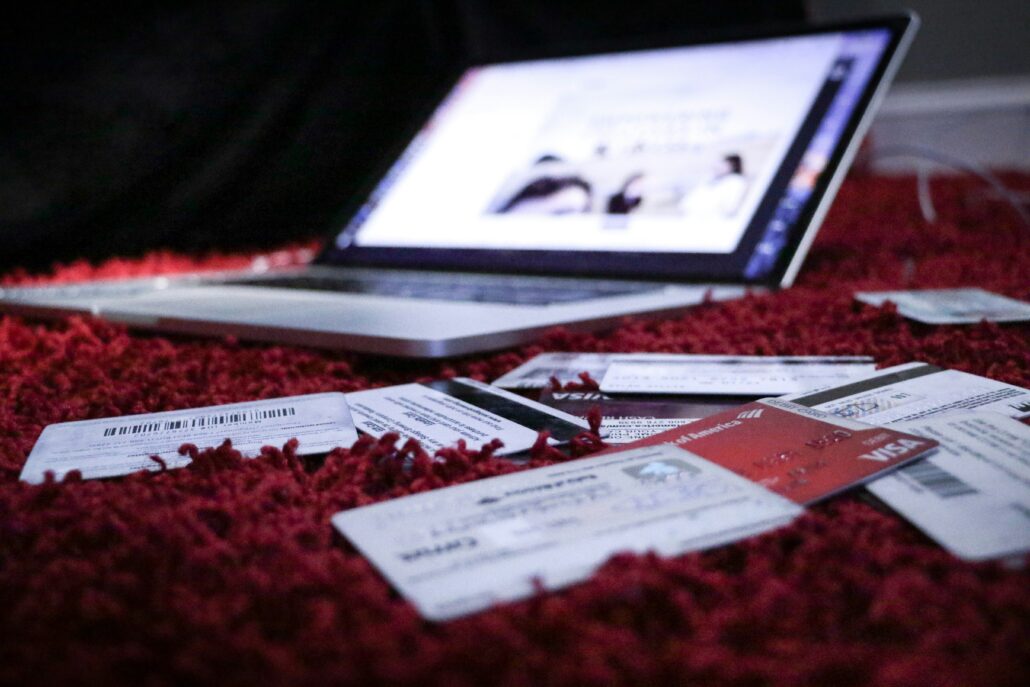Has anyone in your practice had to face the delicate challenge of reminding patients about their unpaid bills without causing tension in the doctor-patient relationship? For solo practitioners and healthcare professionals in private practice, finding the sweet spot between empathy and business success can be tricky. If gentle reminders aren't cutting it, knowing how to write effective collection letters is crucial. In the following sections, we'll explore strategies and thoughtful approaches to help you sift the tricky waters of collecting payments, ensuring your practice thrives while maintaining the respect and trust of your patients.

Why You Can't Ignore Unpaid Bills
In healthcare, being caring and having solid business operations can go hand-in-hand. Here's the reality — unpaid bills can really hit a practice's finances hard. When payments come in late or not at all, businesses end up short on cash, sometimes sacrificing investment in practice growth and patient services. Knowing the financial impact is key to tackling this issue directly. When an account is past 30 days, you need to take strong action because the longer the debt goes unpaid, the less chance you will be ever be paid.
The Anatomy of an Effective Collection Letter
Your collection letter is like your friendly reminder, nudging the unpaid bill toward resolution. It's the professional voice of your practice, gently reminding that services rendered should be compensated.
Professional and Clear Communication
When you're writing your letter, aim for an empathetic tone without sounding apologetic. Treat the patient with respect, clearly explain the issue, and give them clear instructions on what they need to do. You can use generic collection letters for a base and then add specific language to the letter that makes it customized for your office.
Be Inclusive with Essential Details
A great collection letter leaves zero room for confusion. Make sure to mention the patient's name and list all the outstanding invoice details. Set a clear deadline for payment and let them know the payment methods that work for you.
Highlight Consequences Fairly
Above all, make sure to explain what could happen if the letter is ignored. Whether it's dealing with collections agencies or losing out on payment plans, it's important for the patient to grasp the seriousness of the situation.
Maximizing Effectiveness Through Clarity
The most effective collection letters are those that come with a clear set of expectations from the start.
Setting Expectations in Advance
Make sure to lay out your payment structure clearly right from the start of your relationship with patients. Being upfront about this can help avoid any unexpected surprises or confusion later on.
Leverage Technology
Try using software that can automate your collections process. These tools are great at sending reminders and keeping track of communications, making sure you stay on top of collecting payments.
The Human Touch
Technology can help, but real connections happen with people. Empathetic phone chats or personalized follow-ups can set the stage for working together to solve debt issues.
Stepping into Your Patient's Shoes
Understanding a patient's perspective can transform the collection process from a mere transaction to a learning opportunity for both parties.
Communicate with Empathy
Talk about billing matters with a human touch. Acknowledge the patient's situation, if appropriate, and offer assistance if your practice can reasonably provide it.
Keeping the Line Open
Encourage open communication with patients. A two-way conversation often clears up misunderstandings and builds a bridge to timely payments.
A Call to Action
Mastering the art of effective collection letters is more than just a financial safeguard—it's about completing the care circle. Encouraging non-paying patients to fulfill their commitment ensures the stability and growth of your practice while upholding the integrity of your profession. It's personal yet professional, clear yet empathetic. Implementing these insights into your collections strategy can have a profound impact on your practice. In your next collection letter, be the voice that compels action with empathy at its core. Remember, every interaction is an opportunity to provide value, and in healthcare, this extends to the whole spectrum of patient care, including billing. With each letter, you're not just reminding patients of an outstanding debt, but educating and engaging them in the wider sphere of healthcare responsibilities.





